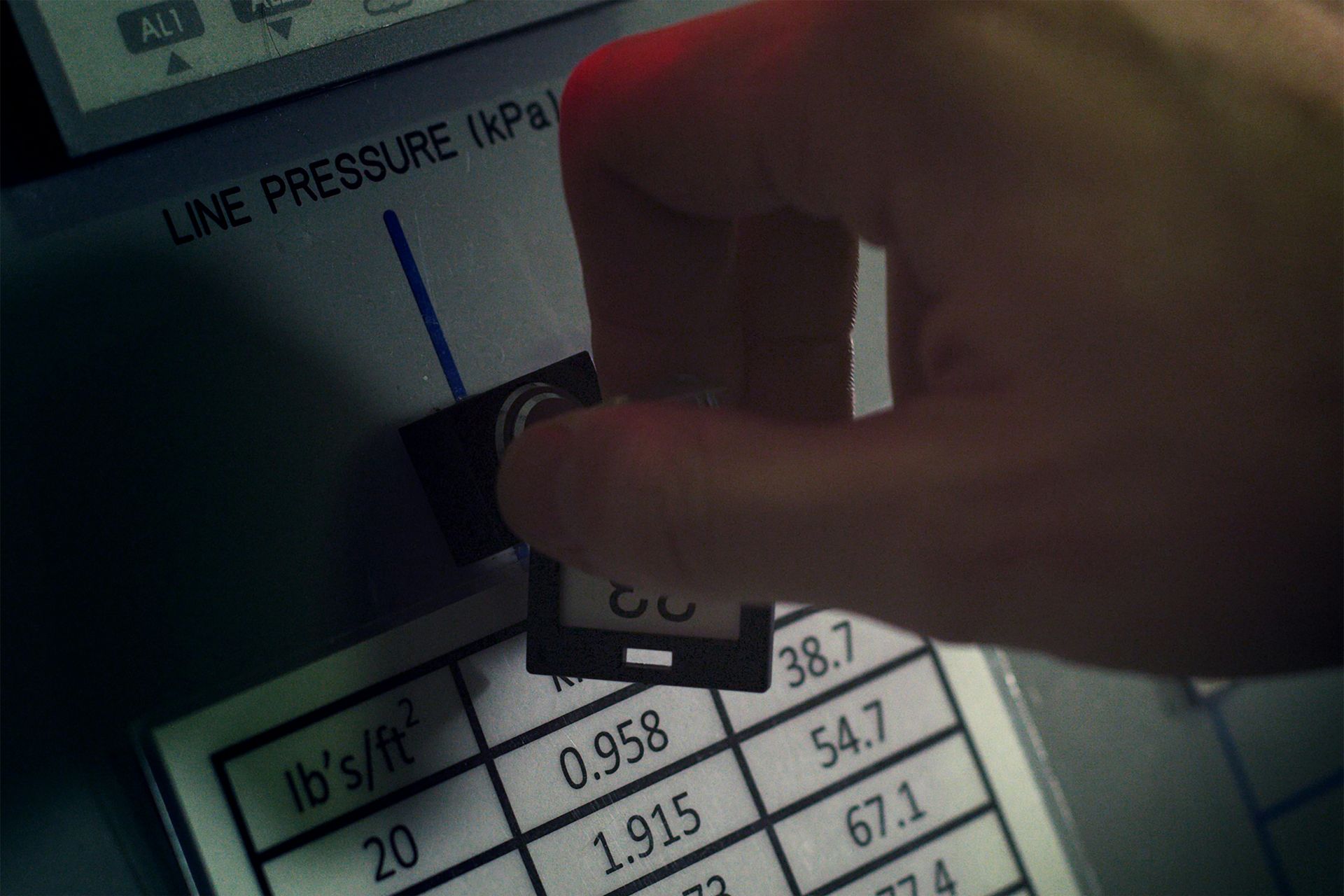Clemson’s Football Struggles Explained….by Organizational Entropy?!
As summer has given way to fall in South Carolina, much of the state’s attention has turned to college football. This shift is an enjoyable part of most football fans’ annual calendars unless your team is not doing well, as is the case for this year’s Clemson football team. As of writing this, Clemson is 1-3, leading to much discontent among fans, alumni, and sports talking heads. These folks offer standard reasons for Clemson’s struggles, including that the quarterback does not see the field well, the offensive coordinator stinks, and Head Coach Dabo Swinney doesn’t use the transfer portal enough. These ideas do not provide a good explanation because they are reactive and do not take a long-term view.
Professors David Chappell and T. Gregory Dewey provide a good starting point for diagnosing Clemson’s struggles in their article Defining the Entropy of Hierarchical Organizations. They argue, “organizational structure may ‘degrade’ over time due to loss of personnel, reassignments or merging of functional units. So, there may be a tendency for an optimal organizational structure to evolve over time to a less effective structure.” Or essentially, from order to disorder. They cite two types of organizational entropy: horizontal and vertical. Horizontal entropy is due to changes at a level of the organization. Vertical entropy is caused by changes between levels along reporting lines. Put in the context of Clemson’s football program, these ideas make the cause of their struggle clear.
• Horizontal – the players change every year, with many of the best players leaving for the NFL. Over the last three years, Clemson has lost an average of 14 players per year, about half of whom declared for the draft.
• Vertical – in the last three years, Clemson has seen a lot of coaching changes. Most notably, in 2023 the defensive and offensive coordinators were both replaced. The defensive coordinator was replaced again before the start of the 2025 season. With each coaching change, players must learn a new system, philosophy, and set of expectations.
• Time horizon – Dabo Swinney has been head coach since 2008, making this his 18th season. This is a long run, especially given that Power 5 head coaches are employed for an average of four years.
As you can see, Clemson’s football program has experienced a lot of change even in the last three seasons. These changes should be understood as the effects of organizational entropy because it provides a longer-term and bigger-picture view of the team’s struggles. While this may not make fans feel better, hopefully, it adds some level of interest. Every week, fans can see how the coaching staff attempts to lead the program back to its optimal form.
If your organization is experiencing entropy, disorder, inefficiency, or loses to Georgia Tech, HLM would love to help. Please reach out to info@hlmconsults.com to set up a free purpose evaluation.
